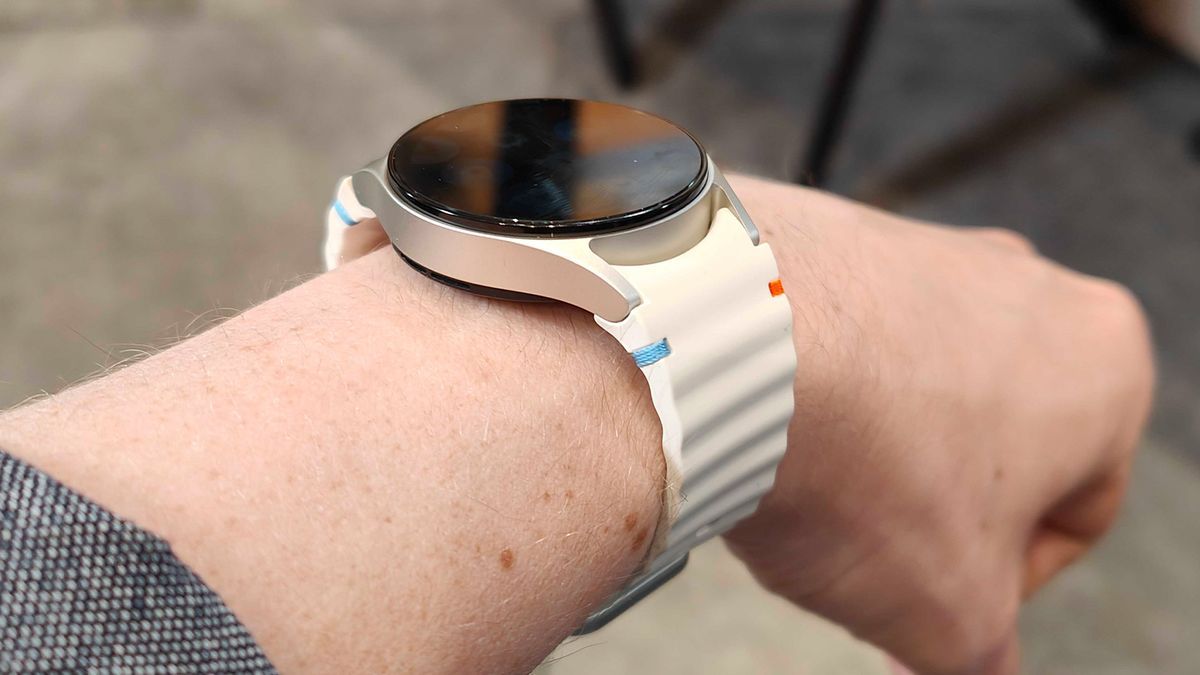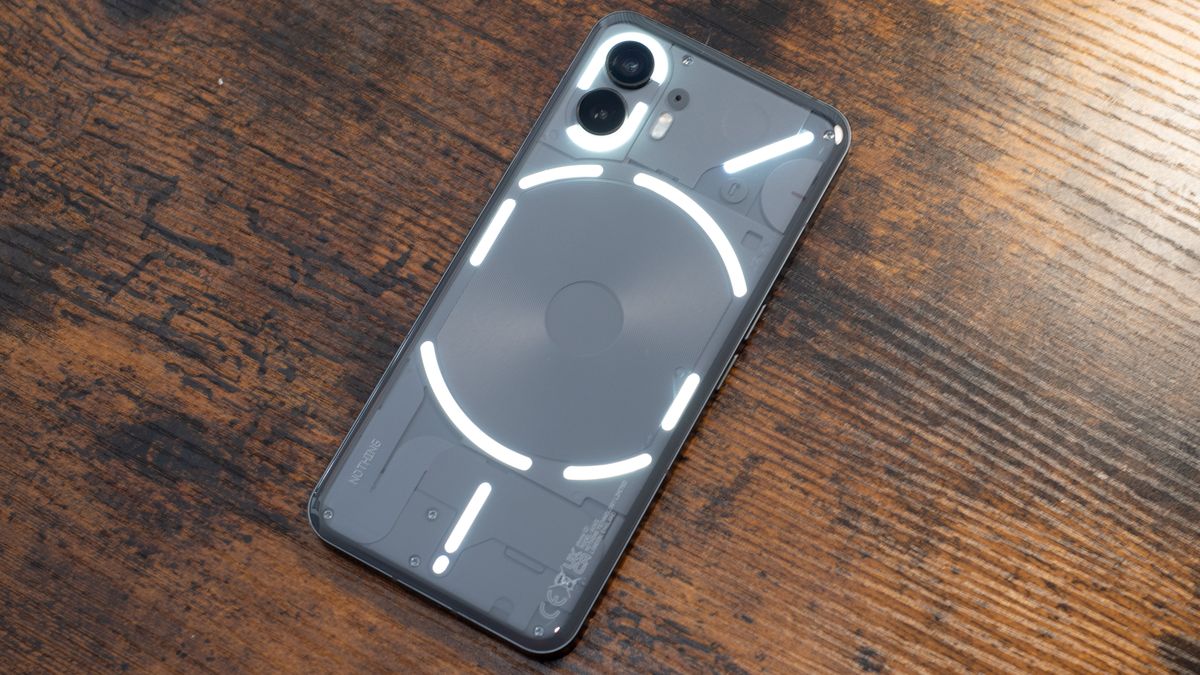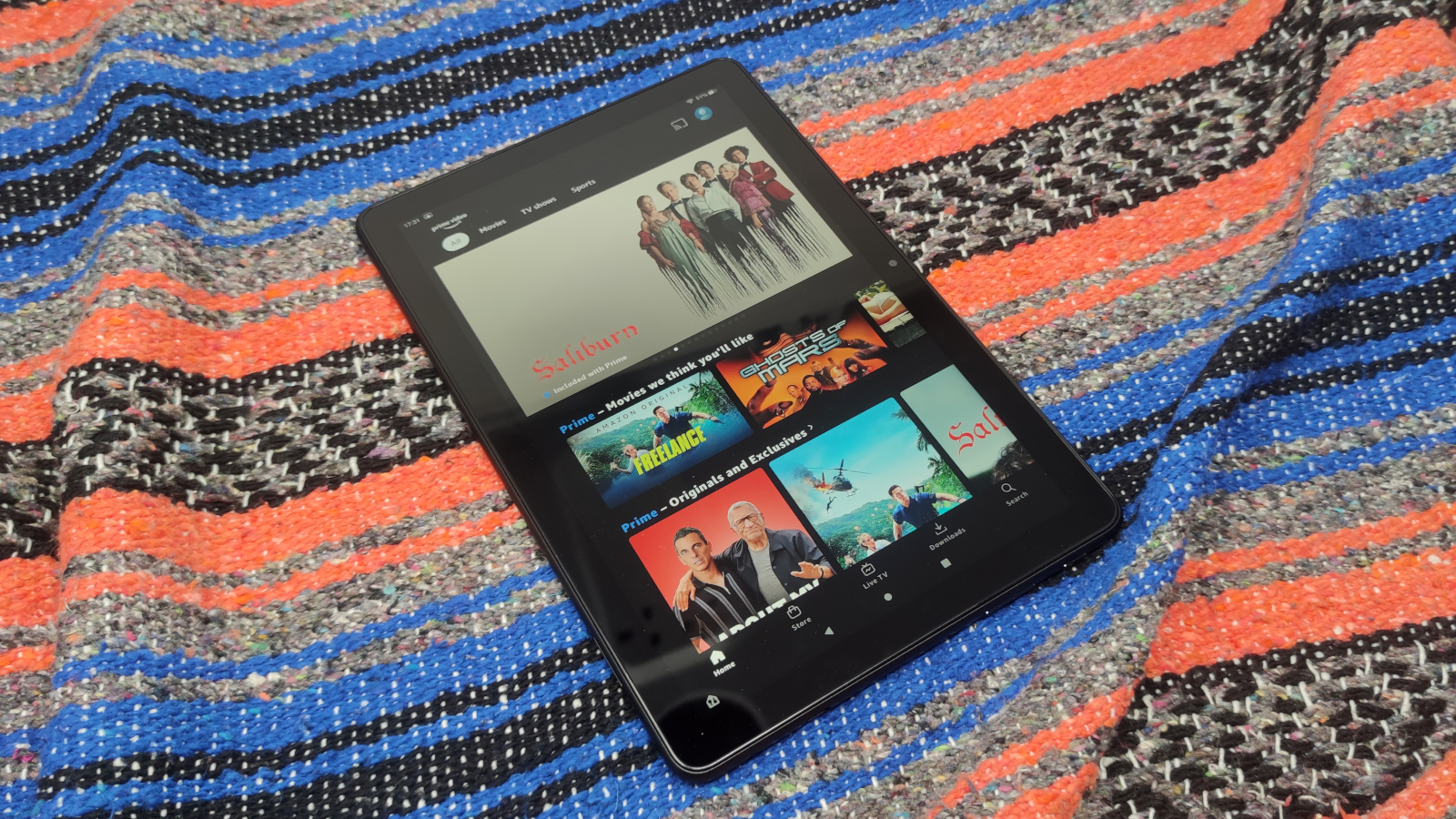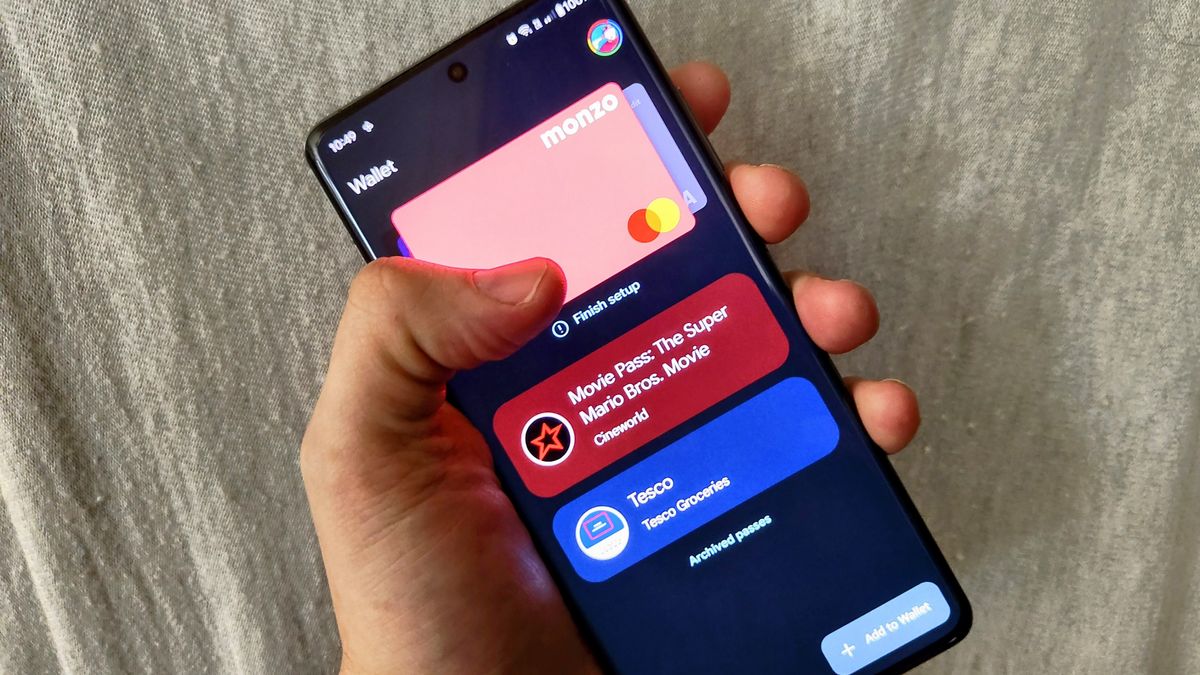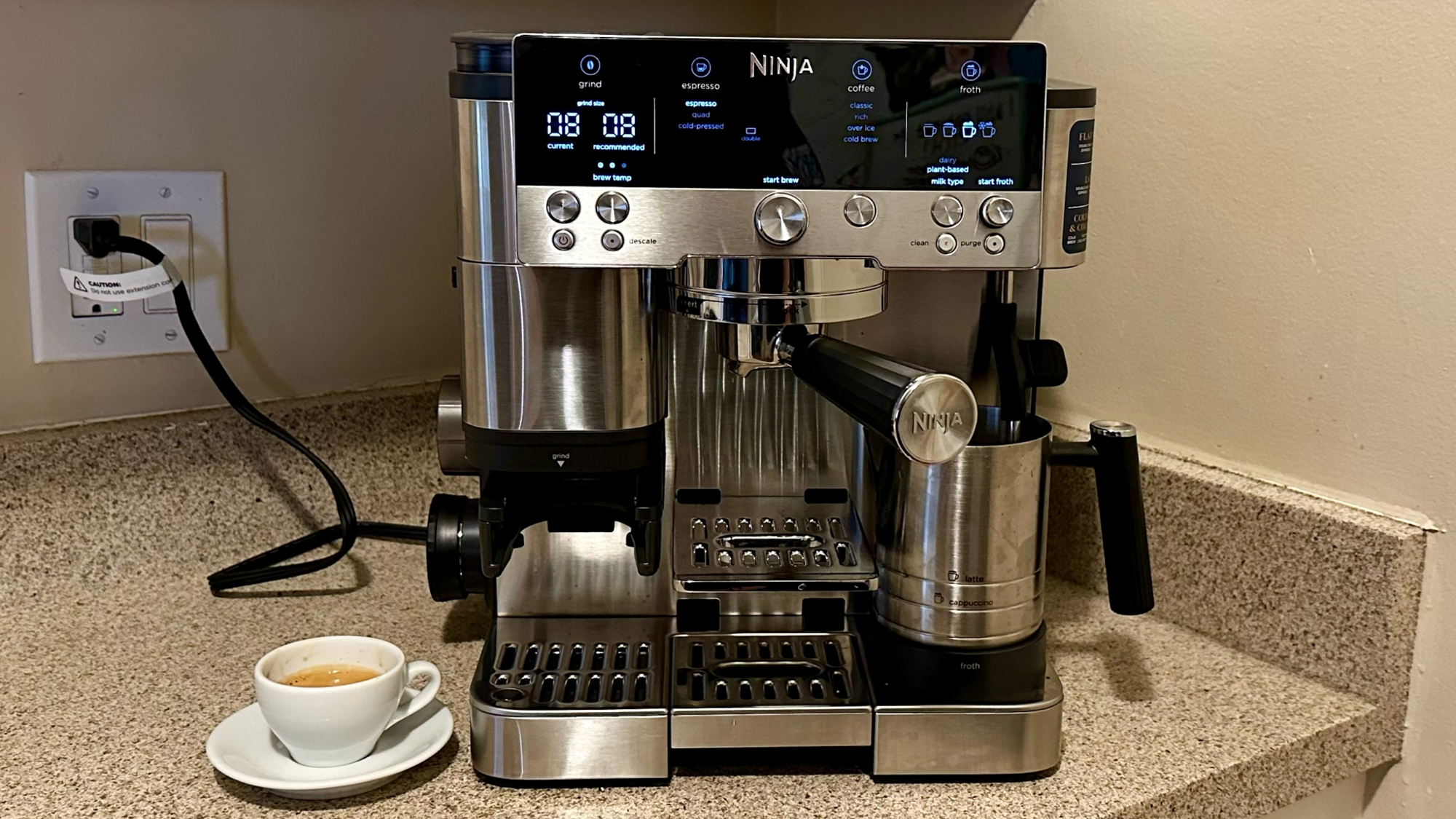We’re just barely recovering from the sheer number of new things that was Samsung Galaxy Unpacked 2024. On July 10, Samsung took the stage in Paris to unveil a slew of new phones, earbuds, watches, and even the Samsung Galaxy Ring.
However, today we’re going to focus on Samsung’s new smartwatches, the Galaxy Watch 7 and the Galaxy Watch Ultra. You can read our early review of the Samsung Galaxy Watch Ultra and the Samsung Galaxy Watch 7 here. While there are plenty of exciting new features introduced for both watches, the new sleep apnea detection feature (which was mentioned at the presentation) is being, well… forgotten.
What is sleep apnea?
Sleep apnea is a condition in which a person's airway becomes blocked during sleep, which can restrict oxygen consumption. Sleep apnea can cause heart problems, liver problems, fatigue, or even metabolic syndrome, and has been linked to conditions such as type 2 diabetes.
Loud snoring, insomnia or daytime sleepiness can all indicate the onset of sleep apnea, but we often don't realize it until it's too late. That's why a sleep apnea detection feature on a smartwatch could be vital for early detection.
How does the function work?
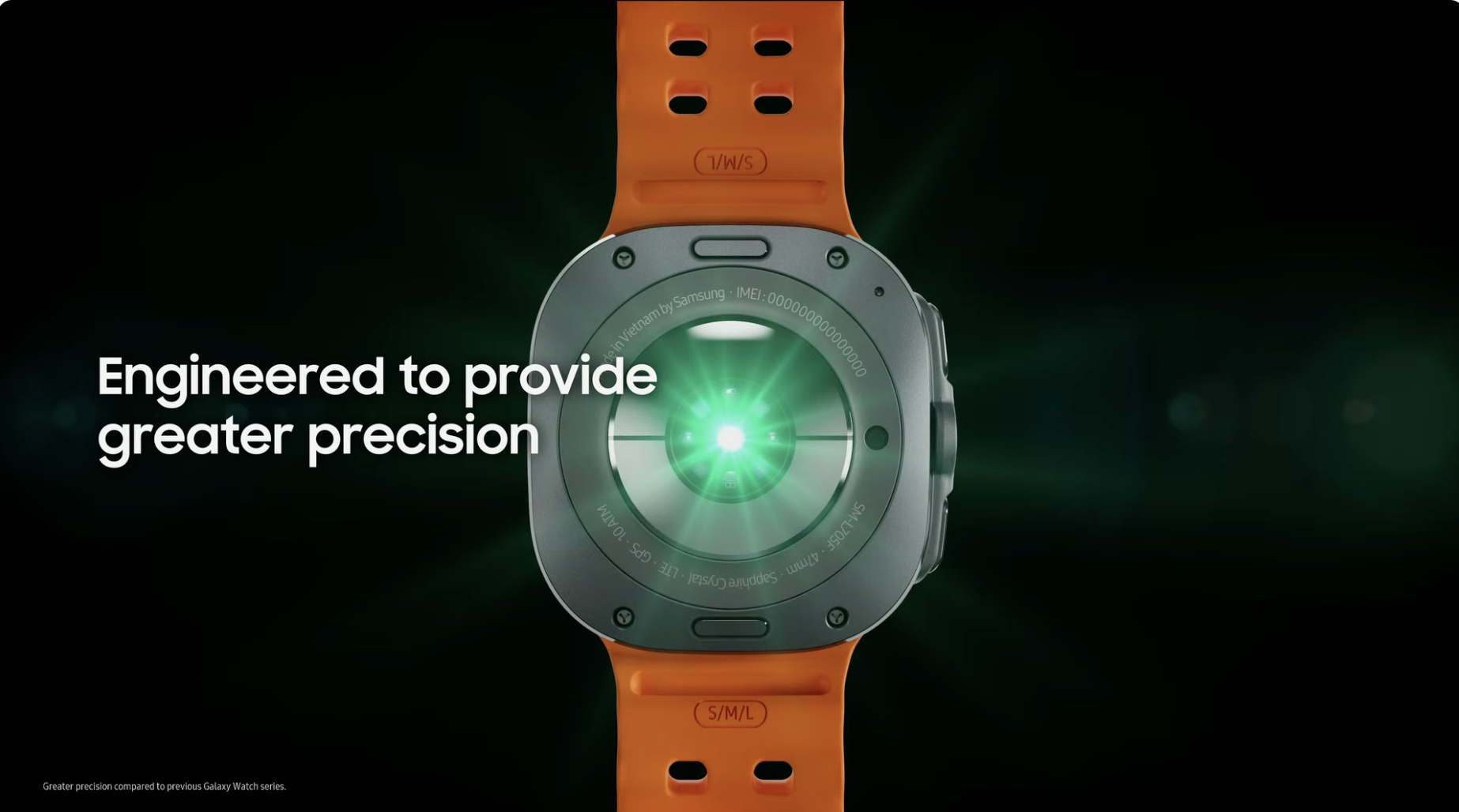
Samsung's sleep apnea detection feature works through Samsung's blood oxygen sensor, which runs through Samsung's Health Monitor app. After wearing the watch for two days and getting at least four hours of sleep over a 10-day period, the feature should be able to regularly measure your oxygen levels to detect signs of moderate or severe obstructive sleep apnea.
While the feature has been approved by the U.S. Food and Drug Administration (a big nod for Samsung, as it's a major seal of approval for the feature's accuracy), it's not a diagnosis per se. Rather, you should view it as a prompt to get checked out by a doctor.
Which Samsung devices can use it?
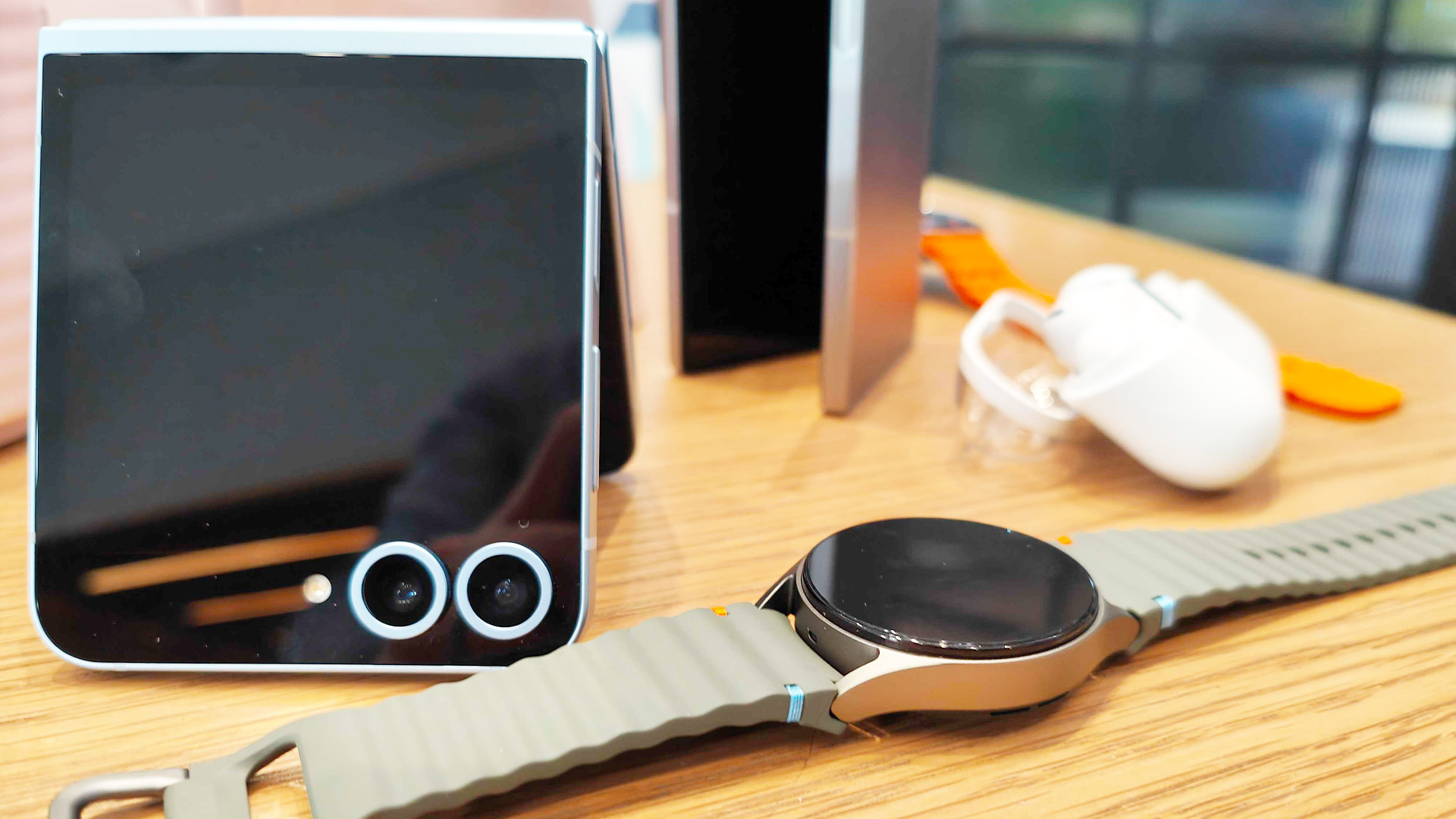
Right now? The Samsung Galaxy Watch Ultra and the Samsung Galaxy Watch 7, for sure. However, it seems that this feature is not exclusive to watches that incorporate the new BioActive sensor. In fact, it seems to be something specific to OneUI Watch 6, the next update to Samsung's operating system, which will also be received by older Galaxy watches.
As reported by 9to5Google, a Reddit user posted a screenshot of the Samsung Health Monitor app ahead of the new watches being announced on July 10. The user is reportedly part of the One UI Watch 6 beta program, available for the Watch 4, Watch 5, and Watch 6.
That means it's likely that these watches, which feature blood oxygen sensors, will also receive the feature, but we'll know more for sure when One UI Watch 6 officially launches on these Samsung devices.

